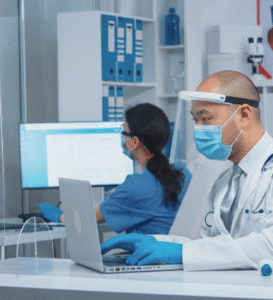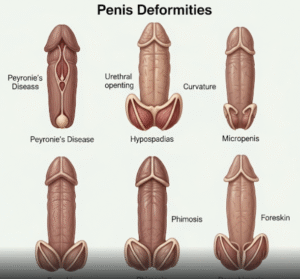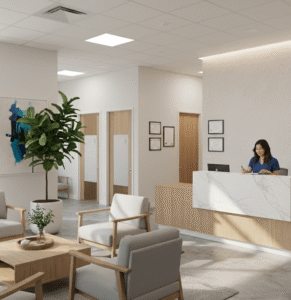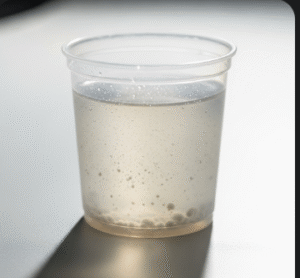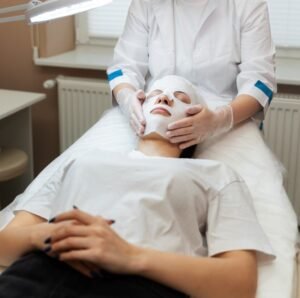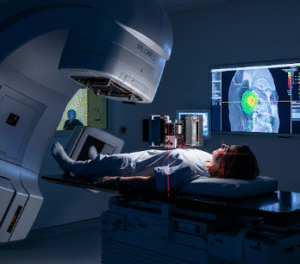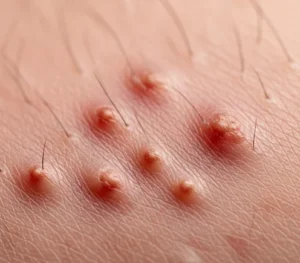Overview
Wisdom teeth removal is a surgical procedure to extract one or more third molars, commonly known as wisdom teeth. These teeth usually appear between ages 17 and 25 and can cause problems if there is insufficient space, impaction, or misalignment.
In South Korea, dental clinics and hospitals offer advanced oral surgery techniques, minimally invasive extraction methods, and comprehensive post-operative care, making it a preferred destination for both residents and international patients.
Wisdom teeth removal is typically recommended for individuals who:
- ➤ Experience pain, swelling, or discomfort in the back of the jaw
- ➤ Have impacted or partially erupted teeth
- ➤ Develop infection, cysts, or damage to adjacent teeth
- ➤ Seek preventive removal to avoid future dental complications
What is Wisdom Teeth Removal?
Wisdom teeth removal is the surgical extraction of the third molars, either due to crowding, impaction, or risk of infection. The procedure can be performed under local anesthesia, sedation, or general anesthesia, depending on the complexity and patient preference.
Types of extraction include:
- ➤ Simple extraction: For teeth that have fully erupted and are easily accessible
- ➤ Surgical extraction: For impacted teeth or teeth that are partially erupted
- ➤ Minimally invasive extraction: Using advanced tools and techniques to reduce trauma and recovery time
Korean dental hospitals specialize in precision-guided, minimally invasive removal with pain management and optimized healing.
What are the Benefits?
✔ Relieves pain, swelling, and discomfort caused by impacted or misaligned wisdom teeth
✔ Prevents infection, cyst formation, and damage to adjacent teeth
✔ Minimally invasive options with faster recovery
✔ Reduces risk of future dental complications
✔ Korean hospitals provide advanced imaging, sedation options, and expert oral surgeons
Additional benefits include:
- ➤ Outpatient procedure with minimal hospital stay
- ➤ Post-operative care and follow-up to ensure proper healing
- ➤ High success rates with minimal complications due to advanced surgical techniques
- ➤ Custom anesthesia options for comfort and reduced anxiety
Procedure Details:
1) How should I prepare for Wisdom Teeth Removal?
- ● Dental examination: X-rays, panoramic imaging, or 3D scans to assess tooth position
- ● Medical history review: Allergies, chronic conditions, and medications
- ● Medication adjustments: Blood thinners may need to be temporarily paused
- ● Fasting: Required if sedation or general anesthesia will be used
- ● Hygiene: Brush and floss thoroughly before the procedure
- ● Korean hospitals: Offer preoperative counseling, sedation options, and multilingual support
2) What happens during Wisdom Teeth Removal?
- ➤ Anesthesia: Local anesthesia, sedation, or general anesthesia based on patient and complexity
- ➤ Incision and access: For impacted teeth, a small incision in the gum may be made
- ➤ Bone removal: If needed, a small portion of bone overlying the tooth may be removed
- ➤ Tooth extraction: Tooth is carefully loosened and removed; may be sectioned for easier removal
- ➤ Closure: Gum may be stitched with absorbable sutures
- ➤ Duration: Typically 20–60 minutes depending on the number and complexity of teeth
- ➤ Korean advantage: Use of digital imaging, laser-assisted incisions, and minimally invasive techniques ensures safe and efficient extraction
3) What happens after Wisdom Teeth Removal?
- ● Immediate care: Bite on gauze to control bleeding; ice packs to reduce swelling
- ● Pain management: Prescribed pain relievers; mild discomfort expected for a few days
- ● Diet: Soft foods and hydration; avoid hot, spicy, or hard foods for 1–2 weeks
- ● Activity: Limit strenuous activity for 2–3 days
- ● Oral hygiene: Gentle rinsing with saltwater; avoid brushing surgical site for initial days
- ● Follow-up: Sutures may dissolve or be removed; regular check-up to monitor healing
- ● Korean hospitals: Provide detailed post-op care instructions, emergency contact, and structured follow-up
Risks / Benefits
✔ Benefits:
- ✦ Relief from pain, swelling, and potential infection
- ✦ Prevents future dental complications
- ✦ Minimally invasive options with fast recovery
- ✦ Safe outpatient procedure with expert care
⚠ Possible Risks (rare):
- ➔ Swelling, bruising, or mild bleeding
- ➔ Infection at the extraction site
- ➔ Dry socket (delayed healing of the tooth socket)
- ➔ Nerve injury causing temporary or rare permanent numbness
- ➔ Sinus involvement for upper wisdom teeth
- ➔ Stiff jaw or difficulty opening mouth
Recovery and Outlook
- ➤ Immediate recovery: Mild pain and swelling are common; manageable with prescribed medications
- ➤ Diet and activity: Soft foods, hydration, and limited physical activity for 1–2 weeks
- ➤ Oral hygiene: Gentle rinsing with antiseptic or saltwater; avoid brushing the surgical area initially
- ➤ Long-term outlook: Full recovery typically within 1–2 weeks; most patients resume normal activities within a few days
- ➤ Korean advantage: High success rates due to minimally invasive techniques, expert oral surgeons, and advanced post-op care
When To Call the Dentist
Patients should contact their dentist or surgeon if they notice:
- ⚠ Excessive bleeding or persistent swelling
- ⚠ Severe pain not relieved by medication
- ⚠ Signs of infection (pus, fever, foul odor)
- ⚠ Numbness or tingling beyond expected recovery time
- ⚠ Dry socket symptoms such as severe localized pain at the extraction site
Best Korea Option / Process
South Korea is renowned for wisdom teeth removal due to:
- 🌟 Highly skilled oral and maxillofacial surgeons
- 🌟 Advanced imaging and minimally invasive extraction techniques
- 🌟 Comfort-focused anesthesia and sedation options
- 🌟 Comprehensive postoperative care and follow-up
- 🌟 Multilingual support for international patients seeking safe, efficient dental surgery
Top Korean Hospitals for Wisdom Teeth Removal:
- ✅ Seoul National University Dental Hospital
- ✅ Asan Medical Center Dental Clinic
- ✅ Samsung Medical Center Dental Department
- ✅ Severance Hospital (Yonsei University)
- ✅ Gangnam CHA Dental Hospital
✅ Quick Highlights Recap
- ➤ Surgical extraction of one or more third molars (wisdom teeth)
- ➤ Relieves pain, prevents infection, and reduces future dental complications
- ➤ Minimally invasive techniques with fast recovery
- ➤ Rare risks, mostly manageable under expert care
- ➤ Korean dental hospitals provide advanced imaging, expert surgeons, and structured follow-up


